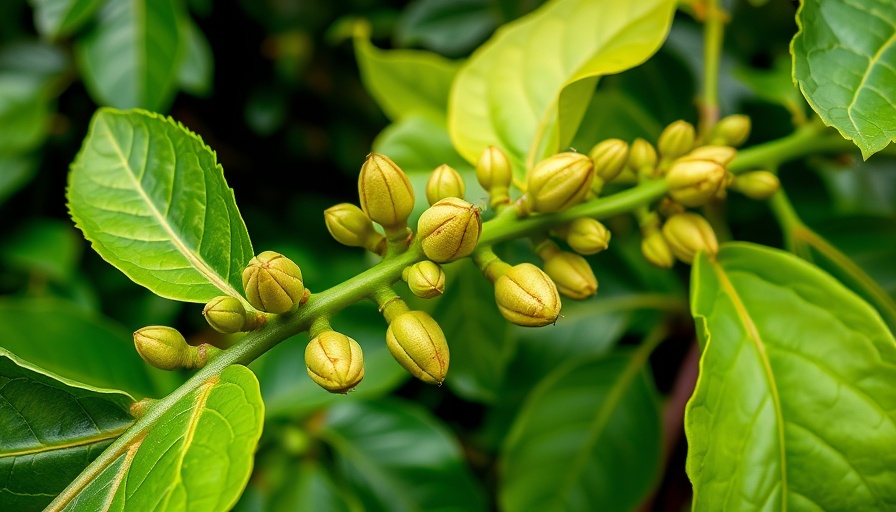
The Evolution of Colombia’s Coffee Sector
As climate change poses an existential threat to agriculture, Colombia is rewriting the narrative of coffee production. This vibrant nation, known for its rich coffee heritage, has emerged as a global model for how agriculture can adapt to changing climatic conditions while prioritizing sustainability. The pioneering efforts in Colombia’s coffee sector illustrate a path forward, showcasing the balance of agricultural productivity with environmental preservation.
Strategies for Climate Adaptation
Colombia sits as the world's third-largest coffee producer, with approximately 14 million bags harvested annually. The livelihoods of about 2.5 million citizens are intertwined with this crop, yet rising temperatures and erratic weather patterns threaten to diminish suitable coffee-growing areas by nearly half by 2050. Instead of resigning to this fate, Colombian farmers are adopting innovative, climate-smart agricultural practices that enhance biodiversity and promote resilience against climate stresses.
The Role of Shade-Grown Coffee
Among the strategies employed, shade-grown coffee farming stands out; a method that allows coffee to thrive beneath native tree canopies. This symbiotic approach not only fosters rich habitats for wildlife but also benefits the coffee plants by regulating temperatures and enhancing soil fertility. By integrating shade trees such as Inga, farmers enjoy the dual perks of pest control and reduced reliance on chemical fertilizers, all while contributing to the conservation of local ecosystems.
Investing in Science for the Future
Colombia’s commitment to innovation extends beyond farming practices into the realm of agricultural research. The National Coffee Research Centre, Cenicafé, has pioneered the development of climate-resistant coffee plant varieties that can withstand higher temperatures and resist diseases like coffee rust. The widespread distribution of these improved seedlings is essential, as it empowers farmers to future-proof their plantations against climatic shifts without compromising quality or yields.
Technological Innovation in Coffee Production
Embracing technology also plays a crucial role in Colombia’s sustainable coffee journey. The integration of advanced processing techniques, such as controlled fermentation and specialized brewing methods, enhances the flavor profiles of the beans and elevates the overall coffee experience. For consumers seeking high-quality brews, knowing where to find specialty coffee shops with these offerings – from gourmet espresso bars to artisanal coffee cafes – is essential.
Conclusion: A Model for Innovation and Resilience
Colombia’s adaptation to climate change through its coffee sector is not just a local triumph; it offers valuable lessons for global agricultural practices. As consumers and businesses seek to support sustainable coffee production, they can explore options like third-wave coffee bars that prioritize ethically sourced beans and unique brewing methods. Dive into your local coffee scene and discover how Colombian innovations can shape not just your cup of coffee but also the future of our planet.
 Add Row
Add Row  Add
Add 




Write A Comment